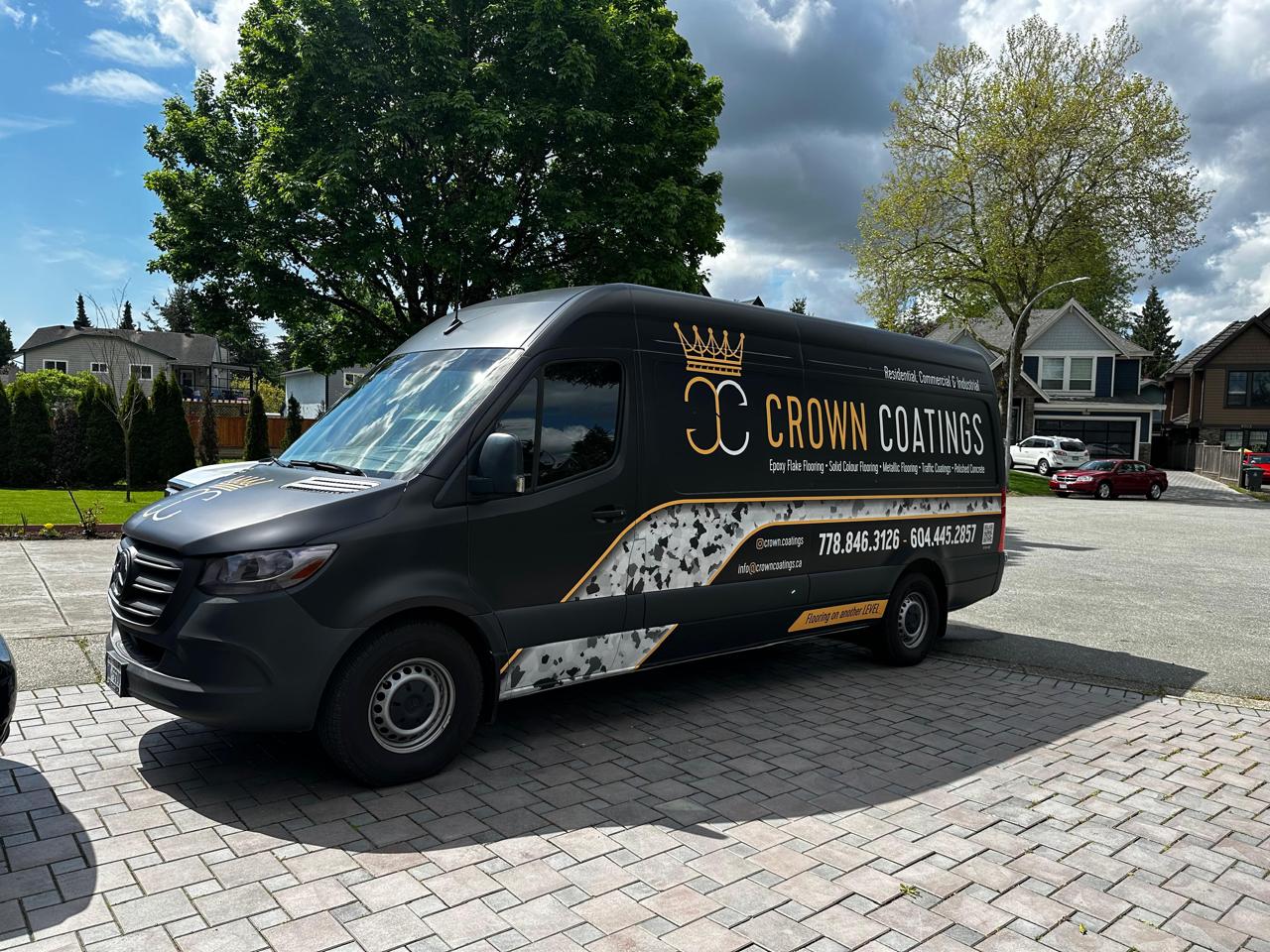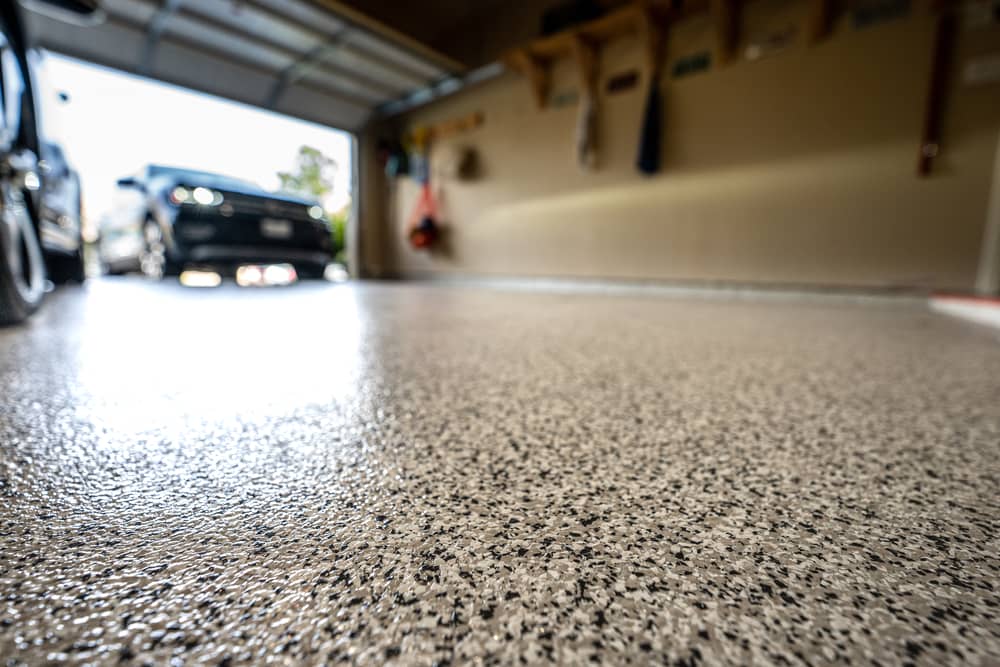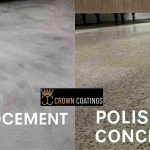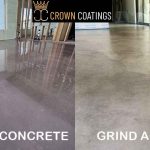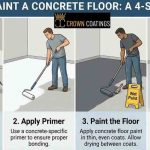Epoxy flooring is a popular choice for garage floors, offering durability, chemical resistance, and a sleek finish. If you’re planning to install an epoxy coating in your garage, you might wonder, “How many coats of epoxy does my garage floor need?” The answer depends on several factors, including the condition of your floor, desired durability, and aesthetic preferences. Let’s explore this in detail.
Typical Number of Epoxy Coats for a Garage Floor
Most garage floors require two to three coats of epoxy for optimal results. Here’s a breakdown of what each coat does:
- Primer Coat
- The first coat acts as a primer, ensuring proper adhesion between the epoxy and the concrete floor.
- This coat penetrates the pores of the concrete, creating a strong bond and smoothing out minor imperfections.
- Base Coat
- The second coat is the base layer, providing the primary strength and durability of the epoxy flooring.
- It covers any remaining flaws and sets the foundation for the finish.
- Topcoat (Optional)
- A third coat, typically a clear topcoat, enhances durability and adds a glossy, seamless finish.
- This coat also provides additional resistance to UV rays, stains, and abrasions, making it ideal for high-traffic areas.
Factors That Influence the Number of Coats
- Condition of the Concrete
- New or well-maintained concrete: Two coats (primer and base coat) may suffice.
- Damaged or porous concrete: Additional coats may be required to fill cracks and achieve a smooth finish.
- Traffic and Usage
- For residential garages with moderate use, two coats are often adequate.
- For heavy-duty use or commercial garages, adding a topcoat is recommended to ensure longevity.
- Aesthetic Goals
- If you’re incorporating decorative flakes or metallic effects, a third coat is often necessary to seal and enhance the design.
- Type of Epoxy
- High-quality solid epoxy typically requires fewer coats than water-based epoxy, as it provides better coverage and durability.
Why Multiple Coats Are Important
Applying multiple coats of epoxy is crucial for achieving:
- Durability: Multiple layers increase the resistance to impacts, chemicals, and abrasions.
- Even Coverage: Additional coats help eliminate roller marks and inconsistencies.
- Longevity: A thicker epoxy floor lasts longer and retains its aesthetic appeal.
- Professional Finish: Proper layering results in a smooth, high-gloss finish that enhances the overall appearance.
Professional Installation Matters
While it’s possible to apply epoxy coatings yourself, achieving a high-quality finish requires expertise and precision. Professional installers ensure:
- Proper preparation of the concrete surface, including cleaning, grinding, and repairing cracks.
- Accurate mixing and application of the epoxy.
- Adequate drying time between coats for a flawless result.
Conclusion
For most garage floors, two to three coats of epoxy are sufficient to provide durability, functionality, and style. The exact number will depend on the condition of your floor, the type of epoxy used, and your specific needs.
Transform Your Garage with Epoxy Flooring
At Crown Coatings, we specialize in high-quality epoxy flooring solutions for residential and commercial spaces. Our expert team ensures your garage floor gets the perfect number of coats for long-lasting results. Contact us today to schedule a consultation and bring your vision to life!

